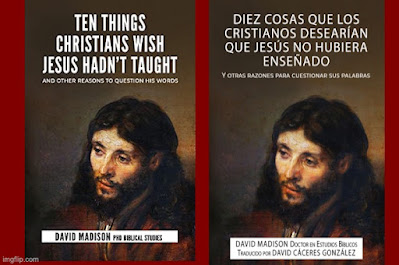My Rambling Thoughts On Free Will, Determinism, and Making Choices
My message to you is this: pretend that you have free will. It’s essential that you behave as if your decisions matter, even though you know they don’t. The reality isn’t important: what’s important is your belief, and believing the lie is the only way to avoid a waking coma. Civilization now depends on self-deception. Perhaps it always has.Since we’re alive we must make choices, even if they are determined ones. So why not make those choices good ones, even though those choices are determined ones? At the time we choose we don’t know which ones are determined to be. So the fact that they are determined doesn’t affect which choices we make. Live then, as if it’s all up to us, knowing it’s not up to us. It doesn’t change how we should live by knowing that our choices are determined.
― Ted Chiang, Stories of Your Life and Others
In other words, an action is not yet determined until we choose to do it. We must choose to act throughout our days. Therefore, we are participants in which actions take place. I don’t know in advance which actions I will choose throughout my days. So I am learning as I choose which actions were determined beforehand for me to make. It’s a discovery we make by making our choices.




